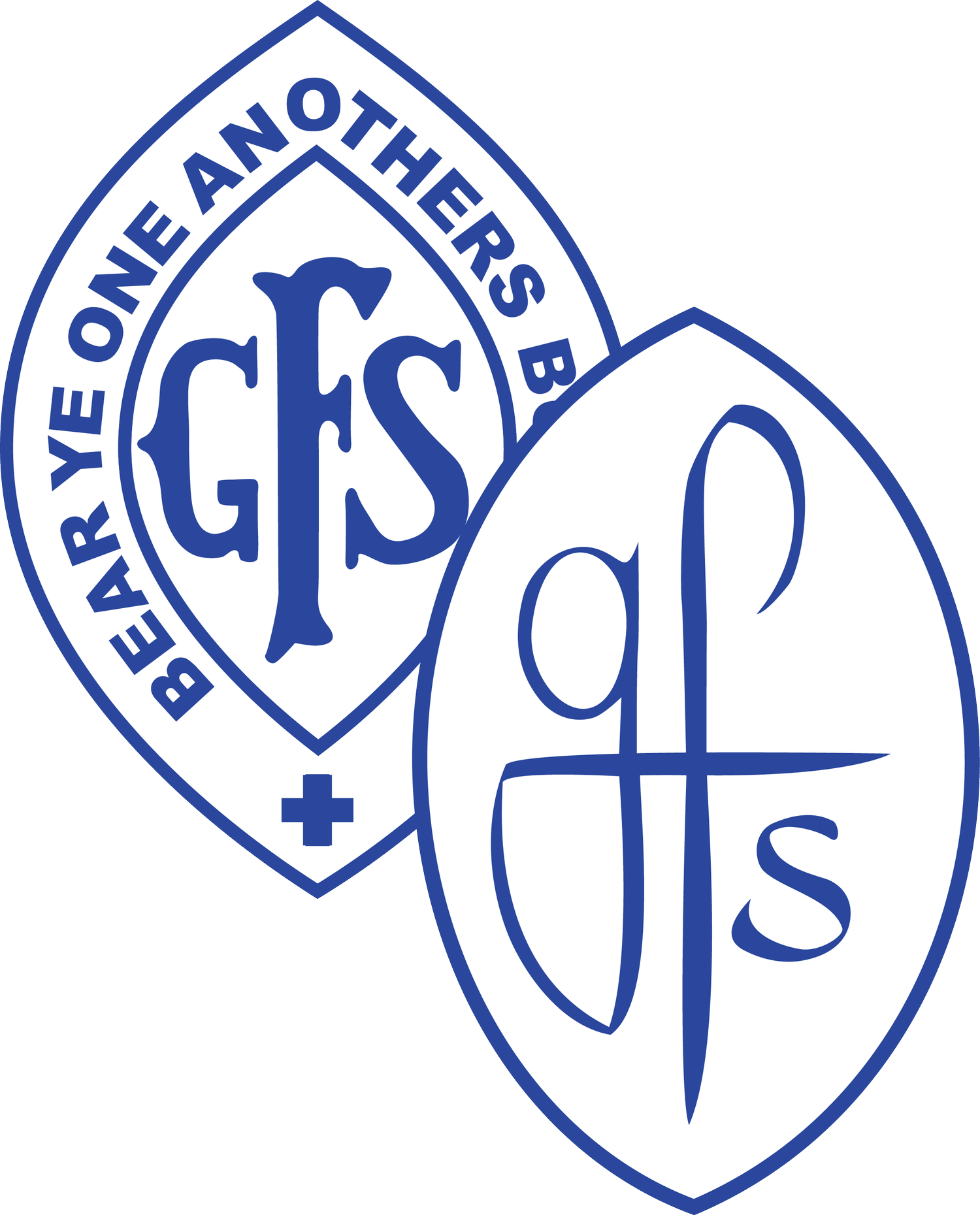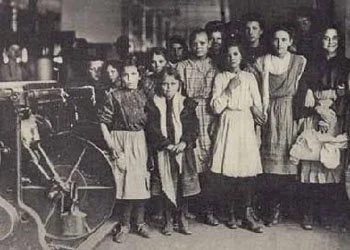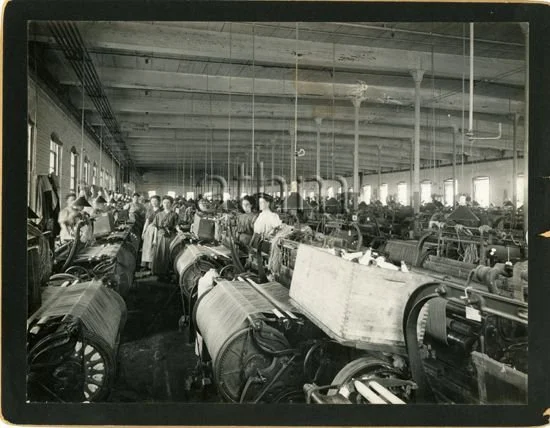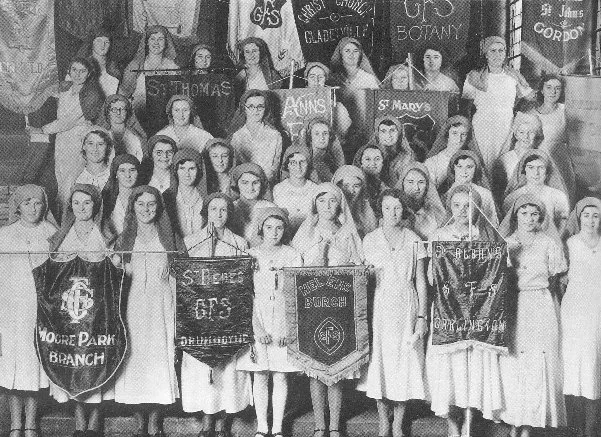USA
GFS History
Where it all began… England 1875
The Girls’ Friendly Society (GFS) was founded in 1875 in England by Mary Elizabeth Townsend, a woman deeply committed to faith, social responsibility, and the empowerment of young women. She recognized the need for a Christian community where girls and young women, especially those entering the workforce, could find friendship, guidance, and moral support. GFS quickly grew into an international movement, guided by its motto:
“Bear ye one another’s burdens and so fulfill the law of Christ” (Galatians 6:2).
GFS was first introduced to the United States in 1877, two years following its founding in England. The first American branch established in Lowell Massachusetts, offer support and community for the “mill girls” in
Similar to GFS today, this group provided a safe and welcoming space to grow in faith, develop leadership, and serve their communities, for girls of all backgrounds.
Life for Mill Girls in Lowell, Massachusetts (1877)
When the Girls’ Friendly Society first came to the United States in 1877, it began in Lowell Massachusetts, offering a support and community for the “Mill girls” in Lowell.
Soon after its foun These young women, many of them in their teens or early twenties, left farms or immigrated from abroad to work in the booming textile factories.
Life in the mills was demanding. Days often stretched 10 to 12 hours, six days a week, with loud machinery, lint-filled air, and strict overseers. Wages were low, and many girls lived in crowded company boardinghouses, where rules about curfews and behavior were tightly enforced. While the work provided independence and income—rare opportunities for women at the time—it also brought isolation from family, long hours of labor, and health risks.
It was in this setting that GFS began its mission in America. The Society sought to give the mill girls something more than factory life: friendship, moral support, education, and a Christian community that cared for their well-being. GFS meetings and programs provided safe spaces— helping young women balance the hardships of industrial life with opportunities for personal growth, faith, and connection.
The early focus of GFS in Lowell reflected the same vision Mary Townsend had in England: to support young women navigating a changing world, equipping them not only to endure but also to flourish.
Today, GFS continues to thrive both nationally and internationally, offering opportunities for service, worship, study, and play. From local branches to international councils, members share a legacy of intergenerational friendship, leadership, and faith that has spanned nearly 150 years.





